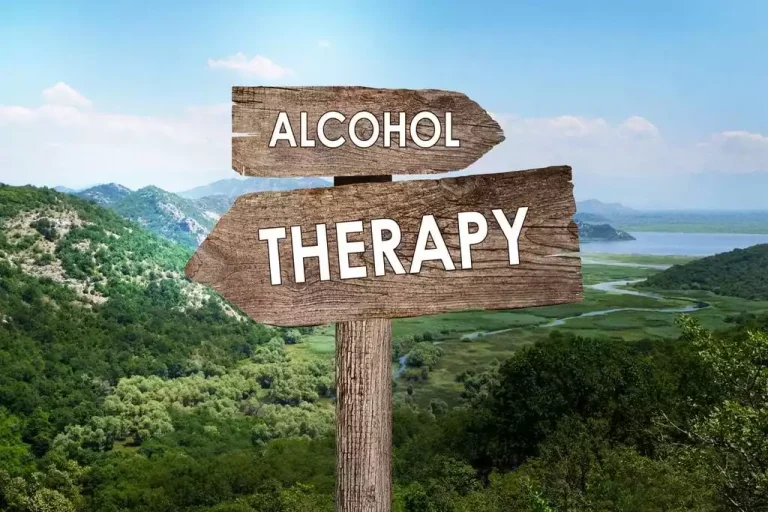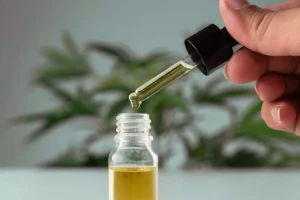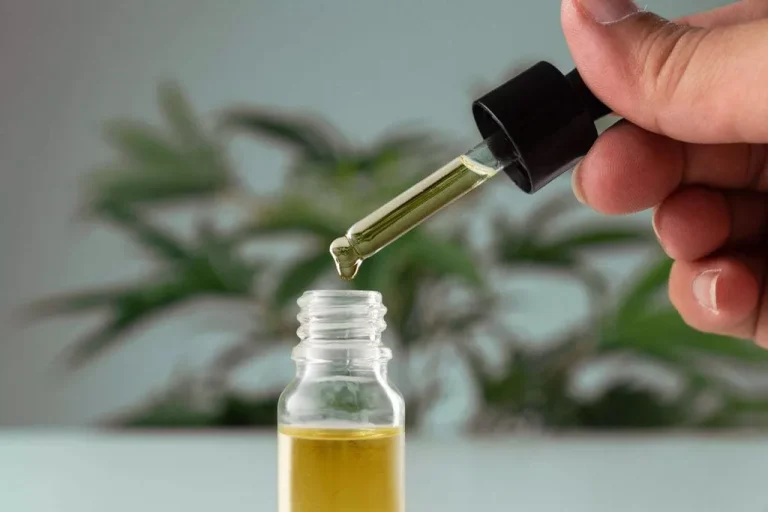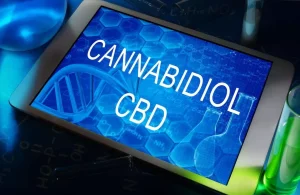
Before diving into strategies for dealing with cravings, it’s important to understand what cravings are and why they happen. Cravings for alcohol are your brain’s way of trying to reintroduce a substance it has become dependent on. Alcohol alters the brain’s chemistry, leading to a powerful association between drinking and feelings of pleasure or relief from stress.

Opiate Detox Methods: Medical vs. Home Detox
- Drinking water and keeping healthy snacks on hand can prevent cravings from escalating.
- A day and a half after quitting alcohol, withdrawal symptoms will intensify.
- Late symptoms begin between two and four days after the last drink, and they usually include changes in heart rate, breathing and blood pressure.
- When you stop drinking and go into acute alcohol withdrawal, your cravings will be at their most intense.4 Medical detox programs can help you manage these symptoms.
- So, let’s dive deep into how glutamine works its magic in reducing alcohol cravings and keeping us healthier overall.
Along with medication and other treatment support, a range of alternative therapies may be effective in lessening alcohol cravings and other withdrawal symptoms. As a psychologist specialising in addiction, I often hear from people trying to avoid coming into contact with alcohol. However, they find it nearly impossible due to how easily accessible it is, especially when others around them are drinking. That’s why I suggest approaching a sober holiday with the acceptance that alcohol might be present. Incorporating foods rich in vitamin B6, such as bananas, avocados, and chickpeas, into one’s diet can help support a healthier brain chemistry and reduce cravings. Suboxone (buprenorphine/naloxone) is indicated for the treatment of opioid dependence in adults.
How To Detox from Alcohol Safely

While general guidelines can be helpful, it is important to remember that everyone’s dietary needs may vary. Seeking professional advice from a registered dietitian or nutritionist can provide personalized recommendations tailored to your specific needs and recovery goals. For example, high-protein foods such as lean meats, fish, tofu, and legumes can help stabilize blood sugar levels and provide the amino acids necessary for neurotransmitter production. These neurotransmitters, like serotonin and dopamine, play a crucial role in regulating mood and cravings. Any general advice posted on our blog, website, or app is for informational purposes only and is not intended to replace or substitute for any medical or other advice. If you have specific concerns or a situation arises in which you require medical advice, you should consult with an appropriately trained and qualified medical services provider.
Does the urge to drink ever go away?
If you’ve been drinking for a while, you will probably be surprised by how much being sufficiently hydrated improves your health. Chronic dehydration can affect how you feel, how your skin looks, your hair quality and your overall well-being. By the first week after stopping alcohol, you will be more hydrated. The effects of being well-hydrated will continue to build, having more positive results as you continue sobriety.
And thanks to their wellness-focused nature, you can rest assured that you won’t have to worry about drinking while you’re there. When taking disulfiram, drinking even a small amount of alcohol can produce effects such as flushing, headache, and nausea. These thoughts, feelings, sensations, and beliefs are not necessarily negative.
- Other helpful distractions might include meditation, calling a sober buddy, or taking a shower, Hank suggests.
- Alcohol might help you get to sleep faster, but it keeps you from reaching the deepest, most restorative stages of sleep.
- Even 10 minutes catching up on recent news and sharing stories from your daily life can offer enough of a distraction that the craving passes, almost before you know it.
- If you’ve been drinking for a while, you will probably be surprised by how much being sufficiently hydrated improves your health.
- Talk with a healthcare professional if you’re concerned you may experience detox symptoms when quitting drinking or cutting back.
Building a Supportive Environment
But if you want to shift how to stop alcohol cravings the focus away from alcohol, it can help to plan a different type of trip. Finding an accountability partner—or a friend who will hold you to your drinking goals—can give you the extra support you need to stay sober on vacation. Although the available evidence is mixed or lacking in humans, the following natural supplements, herbs, and vitamins might help curb alcohol cravings (5, 6, 7).
- A keto diet helps stabilize blood sugar levels, which indirectly reduces the urge for an alcoholic drink.
- This can create dangerous withdrawal symptoms but will typically fully resolve within two weeks.
- Dr. Bowen’s MP3 files (link above) offer an excellent “urge surfing” meditation.
- After the peak of withdrawal, symptoms will start to subside.
What are Treatment Options for Alcohol Addiction?
This will help you to anticipate cravings and plan how to deal with the triggers. While craving management tools can be very helpful, cravings can still be intense and overwhelming for many people. It can be heartening to know that there are FDA-approved medications to help you stop drinking, including naltrexone. Naltrexone works by blocking the pleasurable effects of drinking, which can reduce the frequency and https://ecosoberhouse.com/ intensity of cravings. This can alleviate the time and energy that cravings consume and allow you to focus on other aspects of recovery. Cravings typically appear about 3 days after stopping alcohol consumption.


It’s mindfulness meditation — a simple, yet powerful practice that helps us transform the way we respond to certain situations such as alcohol cravings. Cravings are one of the most challenging aspects of quitting drinking. They can come out of nowhere, making it feel almost impossible to resist the urge to drink. However, dealing with alcohol cravings is a crucial part of the sobriety journey. Learning how to manage them effectively will help you stay on track and avoid relapsing.
The physical symptoms of withdrawal will be past their worst for most people, and the benefits of quitting alcohol will start to be noticeable. You should plan to taper for between three and seven days depending on how much you’re used to drinking. Slowly reduce the amount of alcohol you consume each day until you reach sobriety. If you begin to experience serious withdrawal symptoms, drink enough to make the symptoms subside.